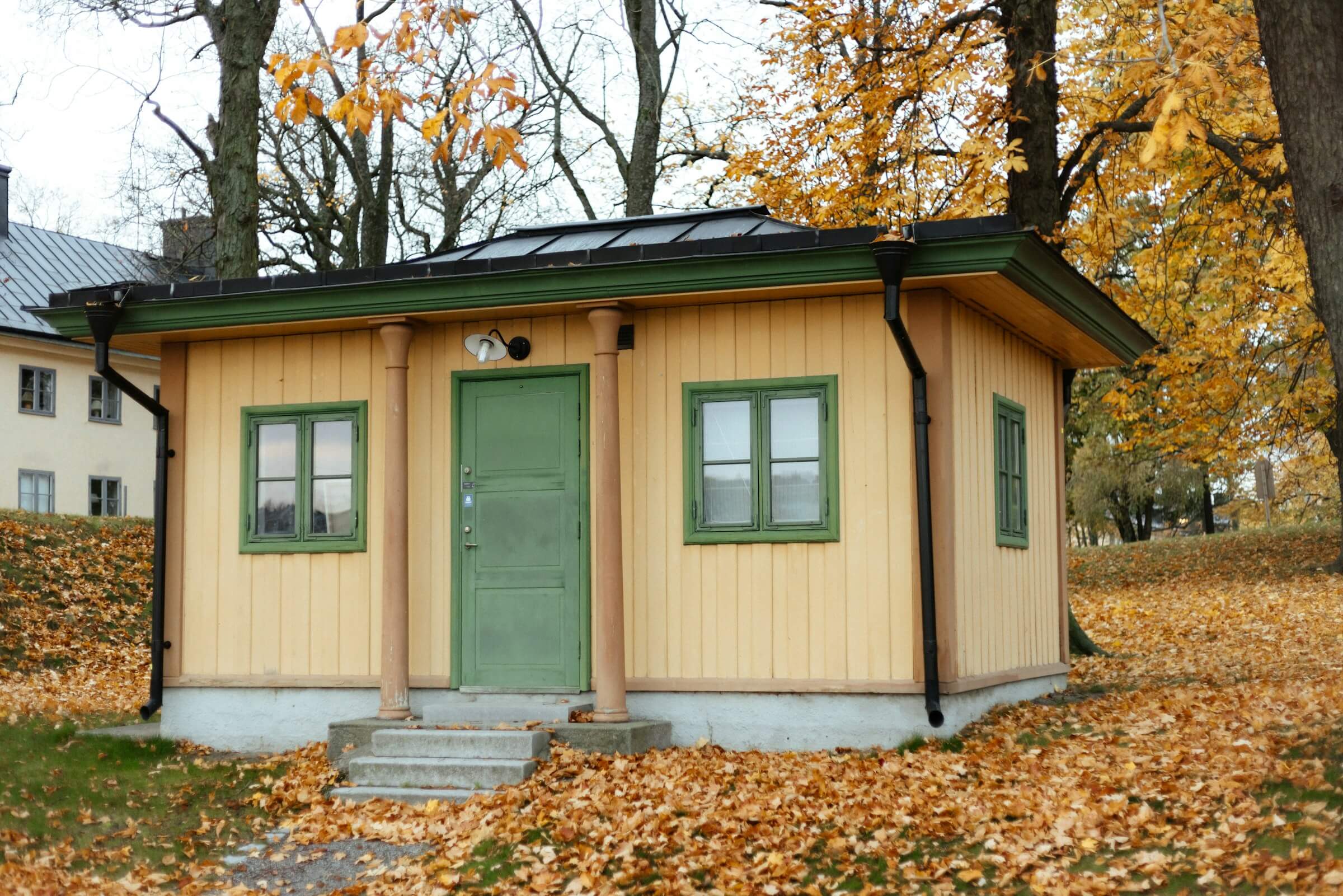Introduction
Pakistan is a country endowed with a wealth of resources and assets that contribute significantly to its economy and cultural identity. From its rich natural resources to its strategic geopolitical location, Pakistan’s assets are diverse and play a crucial role in shaping its development. This article delves into the five major assets in Pakistan, exploring their importance and impact on the nation.
Natural Resources
One of Pakistan’s most significant assets is its abundant natural resources. The country is blessed with a variety of mineral deposits, including coal, gold, copper, and precious gemstones. These resources are primarily located in regions like Balochistan and Khyber Pakhtunkhwa, contributing to local and national economies.
Energy resources are another critical component of Pakistan’s natural wealth. The country has substantial reserves of oil and natural gas, which are essential for its energy needs. Additionally, Pakistan’s potential for renewable energy, particularly hydroelectric and wind power, offers promising prospects for sustainable development.
Water resources are vital for Pakistan’s agriculture and energy sectors. The Indus River system, one of the largest river systems in the world, provides water for irrigation and hydropower generation. Proper management and utilization of these resources are crucial for the country’s economic stability and growth.
The impact of these natural resources on Pakistan’s economy is profound. They not only provide raw materials for various industries but also generate revenue through exports. However, challenges such as resource management, environmental concerns, and technological limitations need to be addressed to fully harness their potential.
Human Capital
Human capital is another major asset of Pakistan. The country’s education system, though facing challenges, has been producing a diverse and skilled workforce that contributes significantly to both the local and global economies. Pakistani professionals excel in various fields such as medicine, engineering, information technology, and academia.
The diversity of Pakistan’s workforce is a strength in itself. With a population of over 220 million, the country has a vast pool of talent that can drive innovation and economic growth. Initiatives to improve education and vocational training are essential to maximize this potential.
Pakistani professionals have made notable contributions to the global economy. Many expatriates work in various countries, sending remittances back home that support their families and contribute to Pakistan’s foreign exchange reserves. This global presence highlights the importance of human capital in the nation’s development.
Innovation and technology are areas where Pakistan’s human capital shines. The country has a burgeoning tech industry, with startups and established companies making strides in software development, e-commerce, and fintech. Supporting this sector can lead to significant economic benefits and global recognition.
Agricultural Sector
Agriculture is a cornerstone of Pakistan’s economy, providing employment and livelihoods for a large portion of the population. The country’s major crops include wheat, rice, cotton, and sugarcane. These crops are essential for both domestic consumption and export, making agriculture a vital sector for economic stability.
Agricultural exports play a significant role in Pakistan’s economy. The country exports various agricultural products, including fruits, vegetables, and dairy products, to international markets. This not only generates revenue but also strengthens trade relations with other countries.
The impact of agriculture on rural development cannot be overstated. Many rural communities rely on farming as their primary source of income. Improvements in agricultural practices, access to markets, and rural infrastructure are crucial for enhancing the quality of life in these areas.
Despite its importance, the agricultural sector faces several challenges. Issues such as water scarcity, outdated farming techniques, and lack of access to modern technology hinder productivity. Addressing these challenges presents opportunities for growth and development in the sector.
Cultural Heritage
Pakistan’s cultural heritage is a rich tapestry woven from its history, traditions, and diverse ethnic groups. The country boasts numerous historical landmarks, such as the ancient city of Mohenjo-Daro, the Mughal-era Badshahi Mosque, and the Lahore Fort. These sites are not only of historical significance but also attract tourists from around the world.
Rich traditions and cultural practices are integral to Pakistan’s identity. Festivals such as Eid, Basant, and the vibrant celebrations of weddings showcase the country’s cultural vibrancy. These traditions foster a sense of community and continuity among the people.
The impact of cultural heritage on tourism is substantial. Pakistan’s historical sites and cultural festivals draw tourists, contributing to the economy and promoting cultural exchange. Efforts to improve tourism infrastructure and promote the country’s heritage can further boost this sector.
Preservation efforts are essential to maintain and protect Pakistan’s cultural heritage. Organizations and government initiatives work to safeguard historical sites and promote awareness of cultural practices. These efforts ensure that future generations can appreciate and benefit from this rich heritage.
Strategic Location
Pakistan’s strategic location at the crossroads of South Asia, Central Asia, and the Middle East is one of its most significant assets. This geographical positioning gives the country geopolitical significance and influence in regional and global affairs.
The country’s location along key trade routes, such as the China-Pakistan Economic Corridor (CPEC), enhances its importance as a trade hub. CPEC, part of China’s Belt and Road Initiative, aims to improve infrastructure and connectivity, facilitating trade and economic development in the region.
Regional influence is another aspect of Pakistan’s strategic location. The country plays a vital role in regional politics and security dynamics, particularly in relation to Afghanistan, India, and the broader Middle East. This influence allows Pakistan to engage in diplomatic and economic partnerships that benefit its interests.
The impact of Pakistan’s strategic location on its foreign policy is profound. The country leverages its position to forge alliances, secure investments, and promote regional stability. These efforts contribute to Pakistan’s economic growth and geopolitical standing.
Conclusion
In conclusion, Pakistan’s major assets – natural resources, human capital, agricultural sector, cultural heritage, and strategic location – are critical to its development and prosperity. Each of these assets plays a unique role in shaping the country’s economy, culture, and global standing. By leveraging and managing these assets effectively, Pakistan can achieve sustained growth and enhance its position on the world stage.
FAQs
What are the key natural resources in Pakistan? Pakistan’s key natural resources include coal, gold, copper, gemstones, oil, natural gas, and significant potential for renewable energy sources like hydroelectric and wind power.
How does human capital contribute to Pakistan’s economy? Human capital contributes to Pakistan’s economy through a skilled and diverse workforce, innovations in technology, and remittances from expatriates working abroad.
What are Pakistan’s major agricultural exports? Pakistan’s major agricultural exports include wheat, rice, cotton, sugarcane, fruits, vegetables, and dairy products.
Why is cultural heritage important to Pakistan? Cultural heritage is important to Pakistan as it preserves the country’s history and traditions, promotes tourism, and fosters a sense of national identity and community.
How does Pakistan’s strategic location benefit its economy? Pakistan’s strategic location benefits its economy by positioning it as a key trade hub, enhancing geopolitical influence, and attracting foreign investments through initiatives like the China-Pakistan Economic Corridor.
What challenges does Pakistan face in its agricultural sector? Challenges in Pakistan’s agricultural sector include water scarcity, outdated farming techniques, limited access to modern technology, and the need for improved rural infrastructure.






